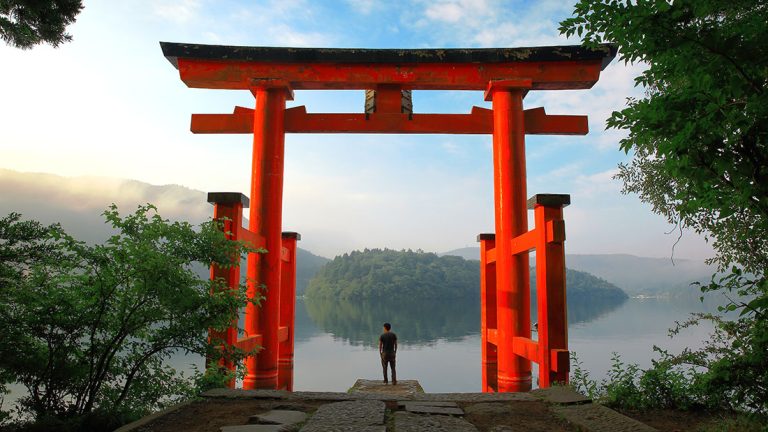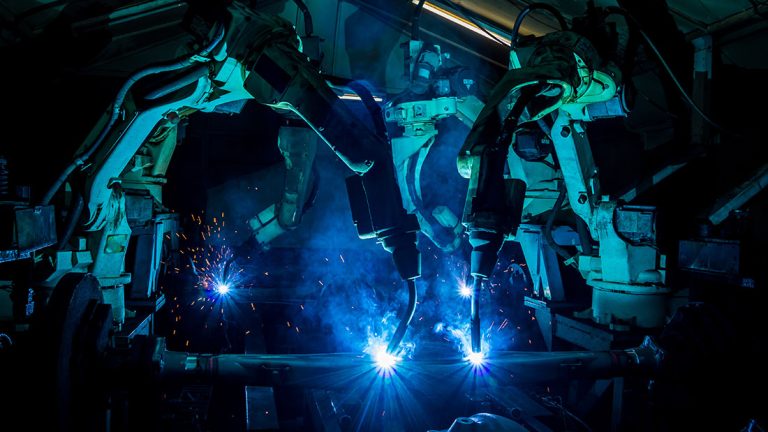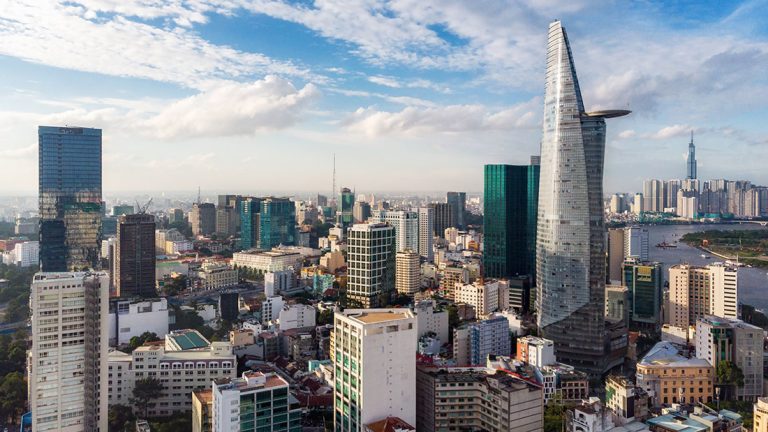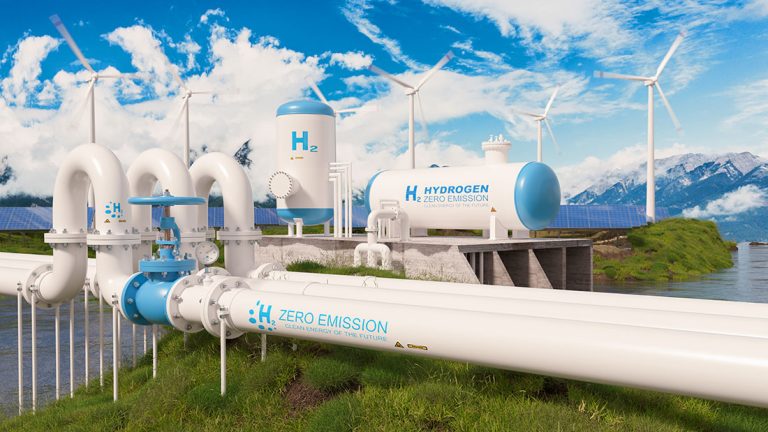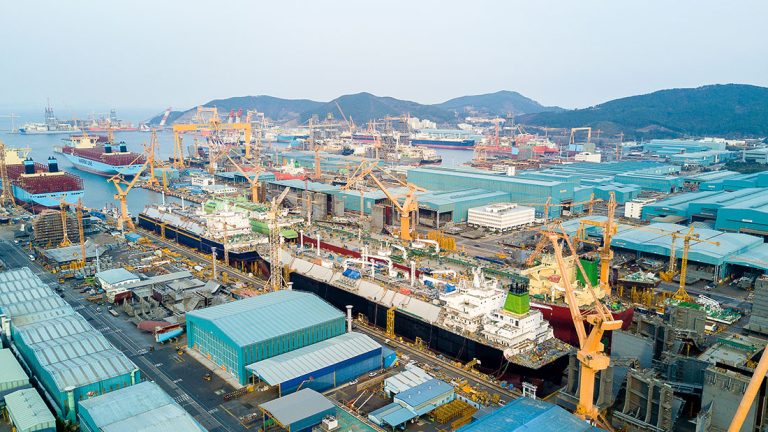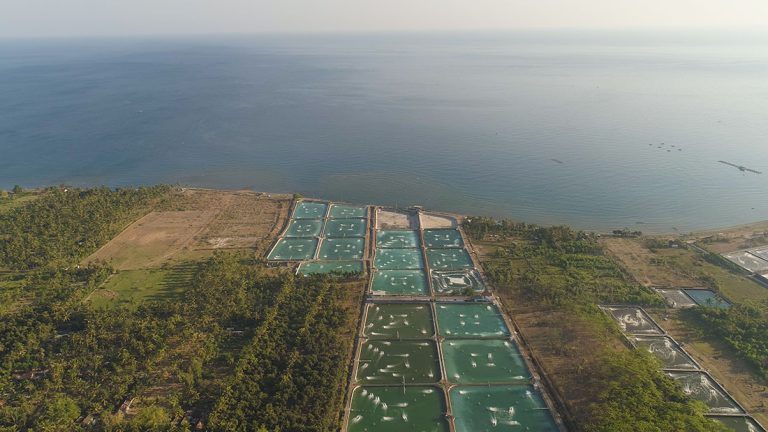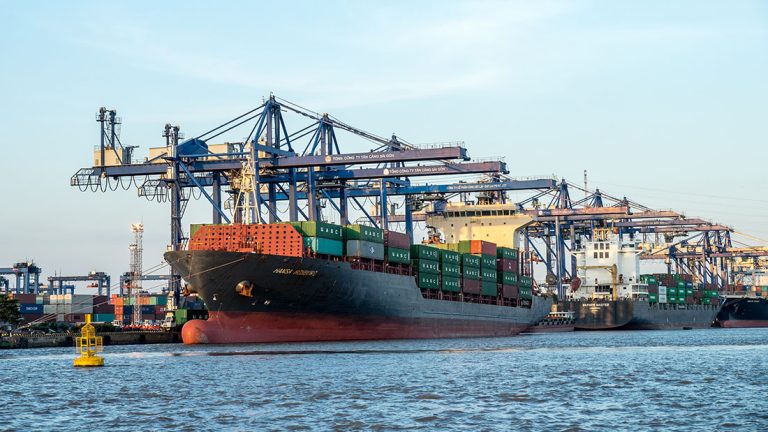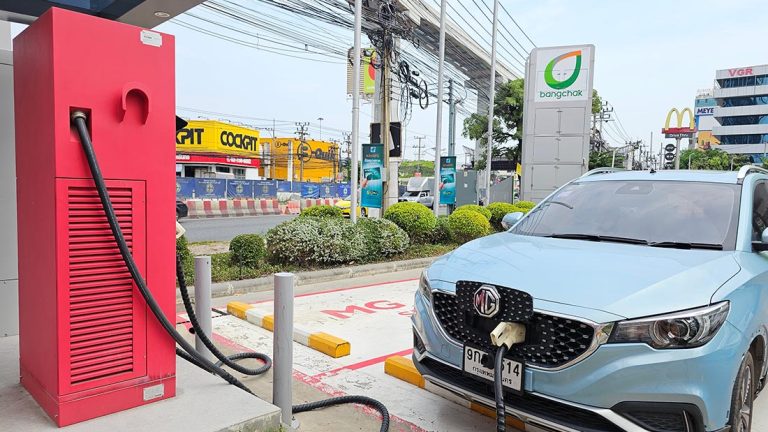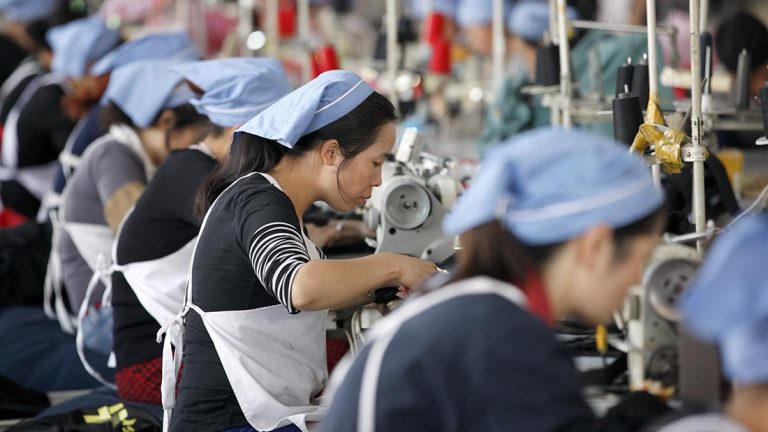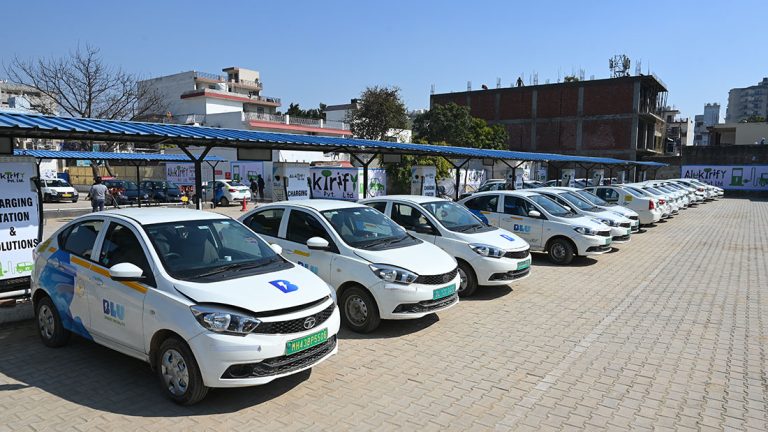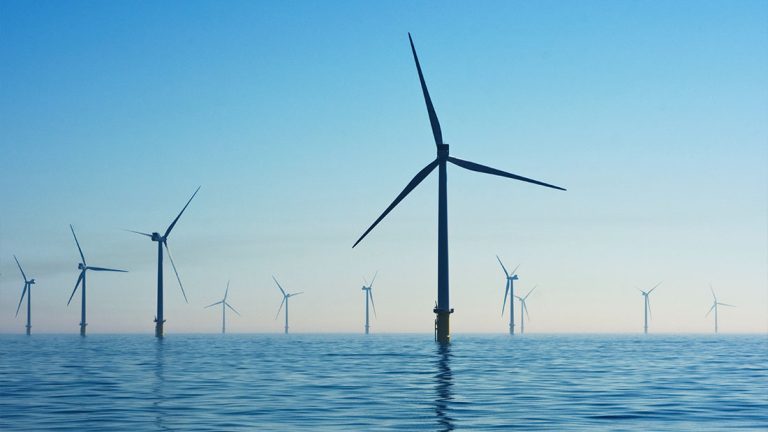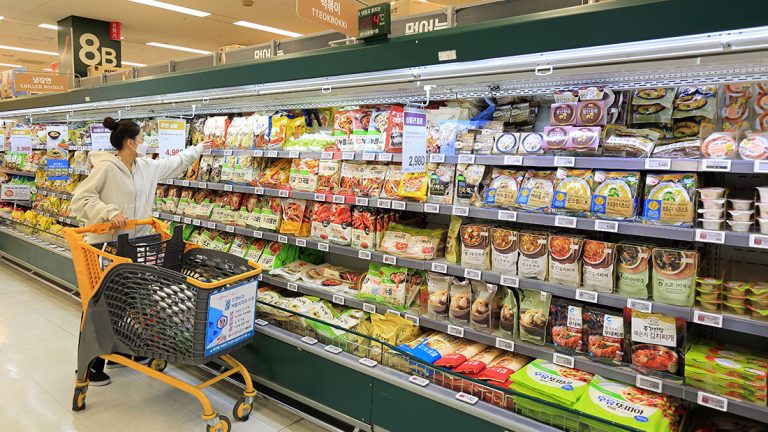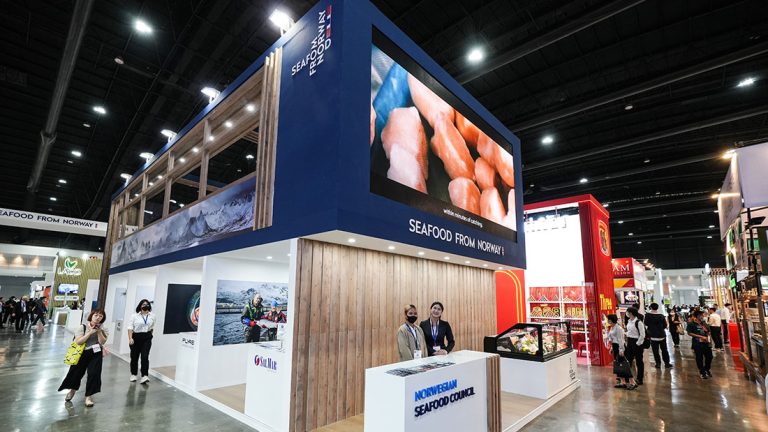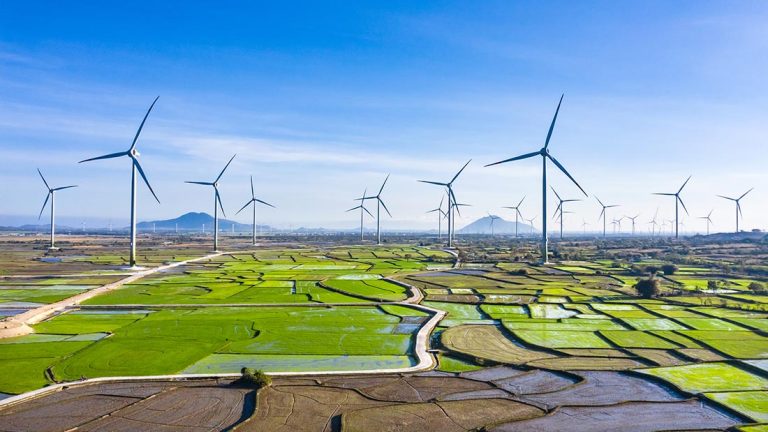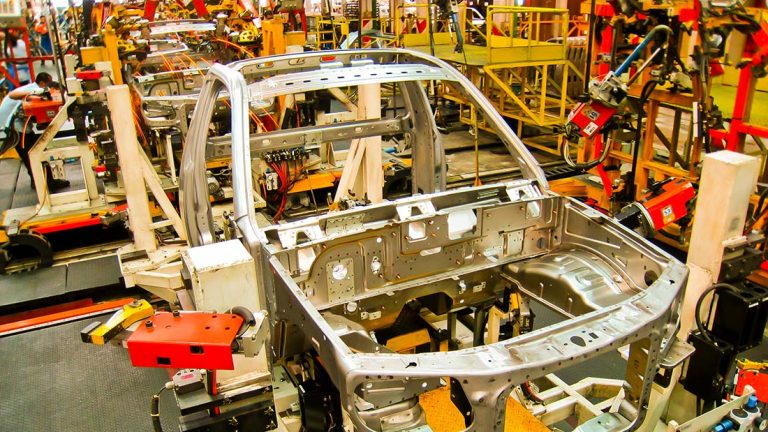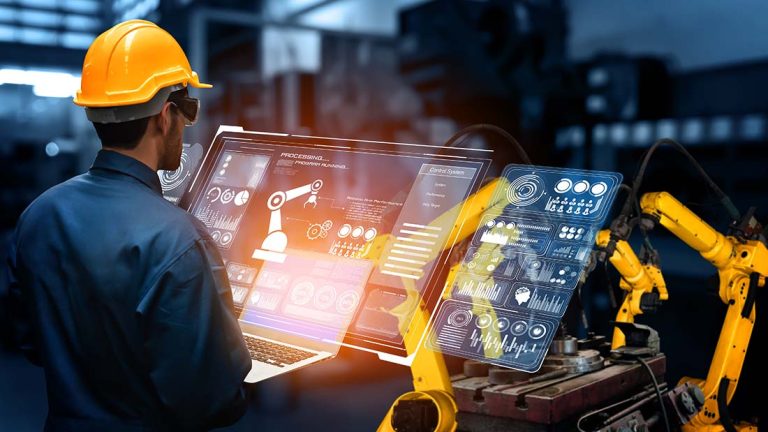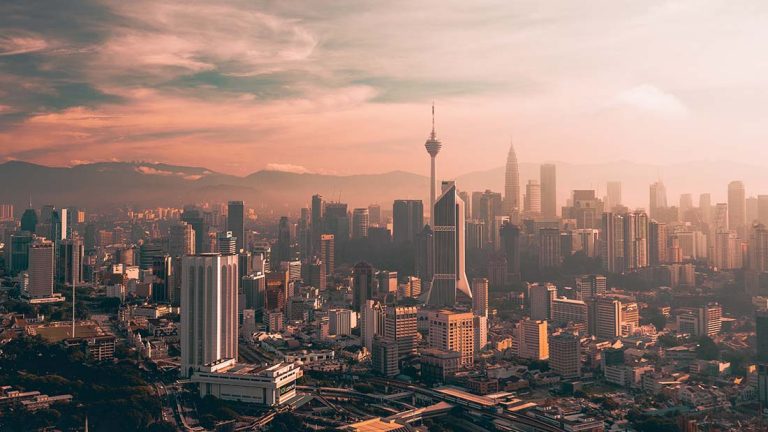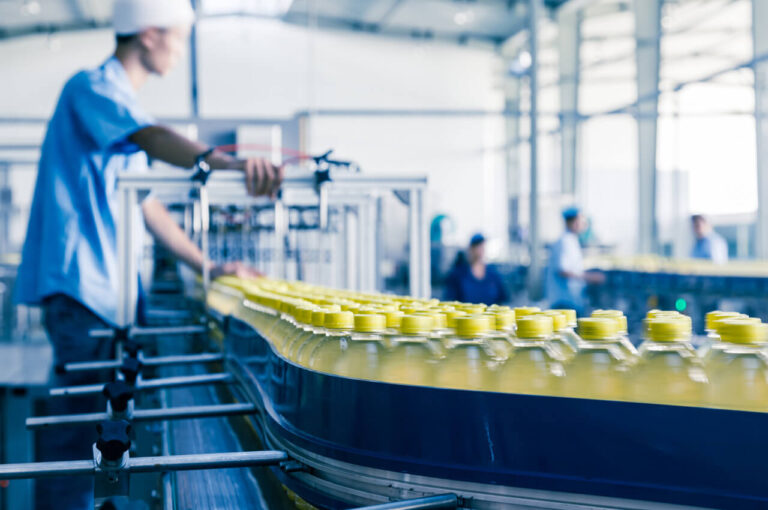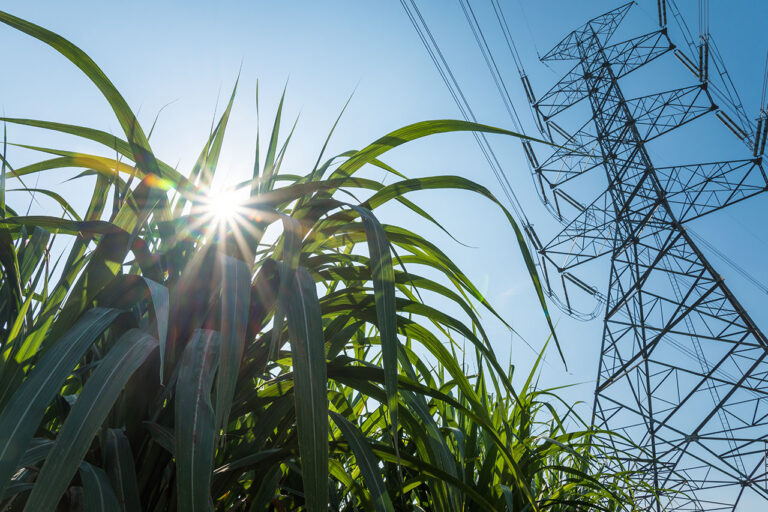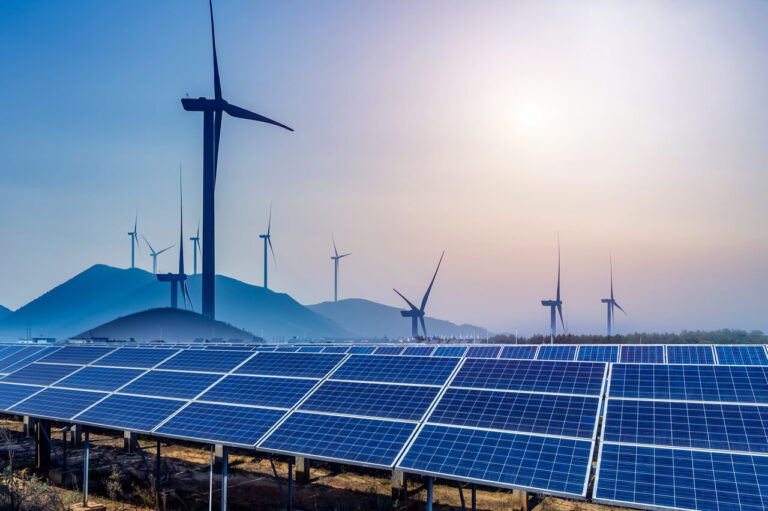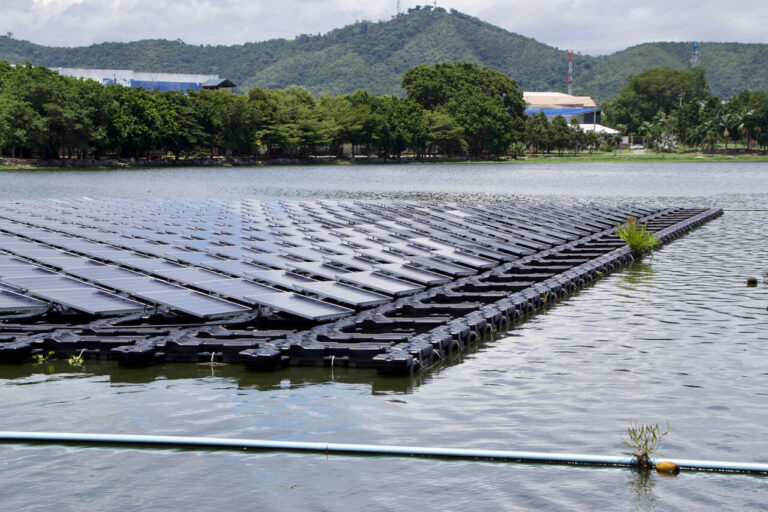Taiwan is a manufacturing powerhouse and plays an important role in the economic balance of the globe, especially in the design and manufacture of high-tech electronics and microchips etc. The government also has made international commitments to climate targets that lead to a growing emphasis on alternative and renewable power generation. Hydrogen is an essential element of the National Development Council’s (NDC) 2050 Net-Zero Emissions Plan. Mika Sahlström, Asian Insiders partner in Taiwan explores Taiwan’s hydrogen sector.
Taiwan imports around 95% of its energy, with around 80% of the country’s electricity generated by fossil fuel. Approximately 30% of Taiwan’s energy consumption directly fuels power-intensive industry. However the country is presently transitioning away from both coal and nuclear energy, while also investing heavily in solar and offshore windfarms. (See this story). Energy targets for 2025 include renewables to 20%, up from 5% in 2021 while coal consumption decreased to 30%, from 45%.
Energy security is a hot topic in Taiwan, with power generation transitioning under way in an island nation subject to strong weather events as well as regional international tensions. Stronger than anticipated urban demand along with the need to ensure electricity stability for international partners ensures that power generation is a critical political issue. Building capacity in renewable energy while continuing LNG imports are the preferred methods for the near future.
However hydrogen offers an additional security, though Taiwan’s hydrogen sector is still in its early days. Green hydrogen, also called renewable hydrogen, is obtained by electrolysis of water, powered by renewable energy and generating no polluting emissions into the atmosphere. The Taiwan government considers hydrogen a valuable element in the transition to their cleaner energy future, especially in sectors with worryingly high emission levels and where renewables are less practical.
However the development of clean hydrogen capacity involves considerable investment in infrastructure, electrolysis, carriage and storage in order for it to become a viable solution and contribute towards net-zero emissions targets. The country has presently only two suitable importing terminals with another currently being commissioned and a further two in development.
The government is presently having to balance their goals for carbon reduction, phasing nuclear power out and increasing demand for power. For now, the clear answer is to import more LNG while working on longer terms solutions, including hydrogen. Greater LNG imports also means further terminal and storage capacity and the urgent need for this also highlights the constraints faced by additional further infrastructure for hydrogen.
In 2021 the government established their Net-Zero Taskforce, which includes a provisional strategy for hydrogen development. This early planning allows for facilities for local hydrogen production and incudes also demonstration sites to present to major industry the cost-benefits of hydrogen applications in heavy commercial settings. Integration into heavy industry will be initiated in blast furnace ironmaking and co-production of steel and chemistry. Taiwan’s state-owned China Steel Corporation has launched their hydrogen-powered steelmaking initiative, including significant partnerships with Taiwan’s Industrial Technical Research Institute and two other national universities to develop and implement continuous carbon-neutral production line technologies.
A consortium of government departments, state-owned and private companies are also now working on feasibility studies towards formulating their ‘National Hydrogen Development Strategy and Applications’ plan by 2025. As this evolves, the government is developing their regulatory and certification framework. In the meantime, current plans include importing hydrogen while building domestic transport and storage facilities, which however is incompatible with similar facilities for LNG.
Taiwan’s hydrogen sector, while still emerging offers significant opportunity for international partners in areas such as:
- Technology Developers: Research and development in electrolyser technology, storage solutions, and fuel cell advancements hold strong potential. Partnerships with Taiwanese research institutions and universities will foster collaborative innovation.
- Infrastructure Investors: Building a hydrogen ecosystem requires significant investments in production facilities, pipelines, storage tanks and refuelling stations. Public-private partnerships will play a role in mobilising resources and accelerating infrastructure development.
- Financial Institutions: Green bonds, carbon credits and innovative financing models will incentivise investments in hydrogen projects and attract global capital.
- Service Providers: Expertise in logistics, transportation and safety protocols for handling hydrogen will be necessary as the industry scales up.
Taiwan’s hydrogen sector offers immense potential. The government is highly motivated to developing hydrogen solutions for long term use and partnership opportunities are available across all levels of public and private organisations. The country holds ambitious targets for carbon neutrality and as hydrogen technology emerges globally, aims to be an early adopter in Asia.
Taiwan’s hydrogen sector offers considerable opportunity for international investors and operators in this space. To explore these and to discuss a comprehensive approach, please contact Jari Hietala, Managing Partner: jari.hietala(at)asianinsiders.com or Mika Sahlström, Taiwan Partner: mika.sahlstrom(at)asianinsiders.com

